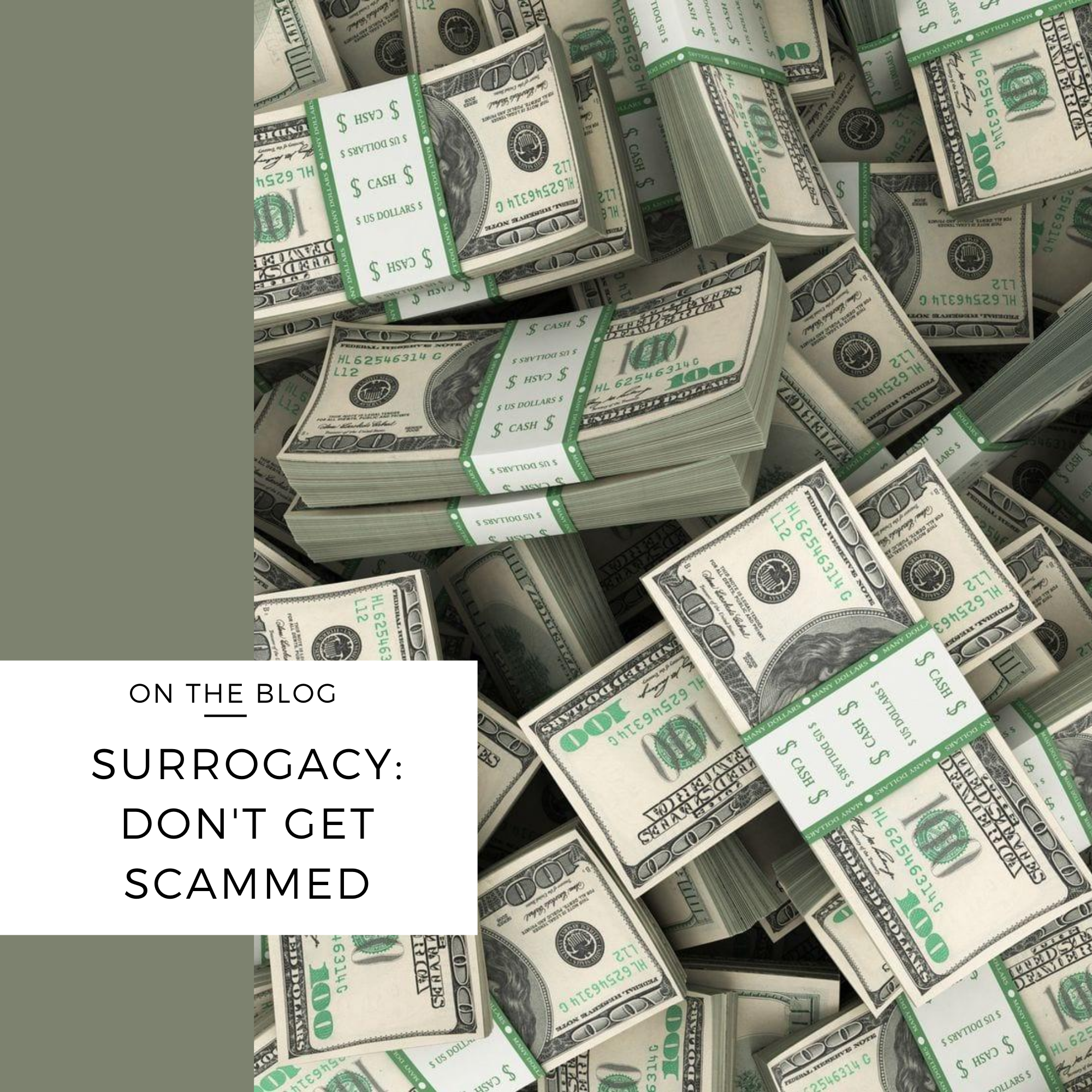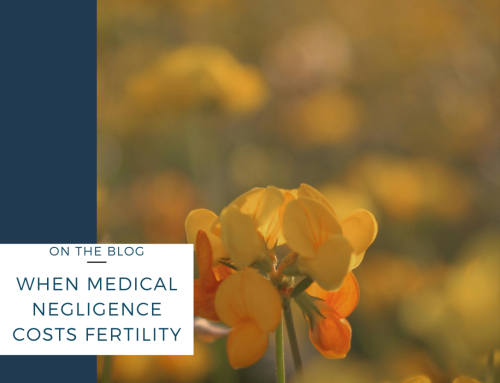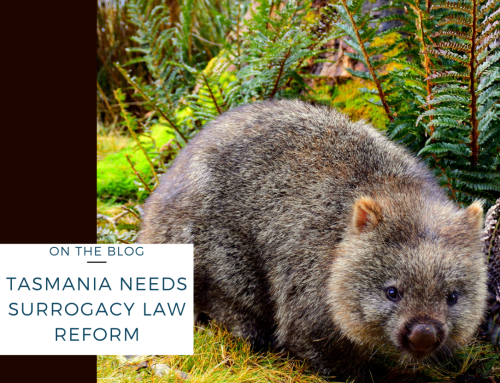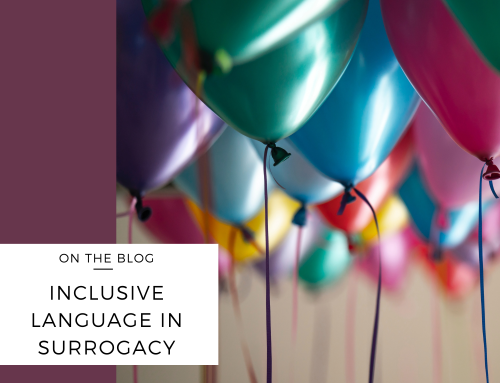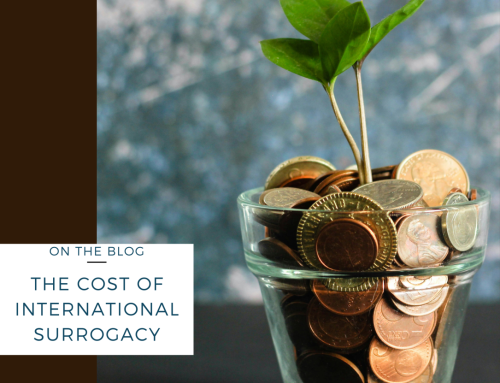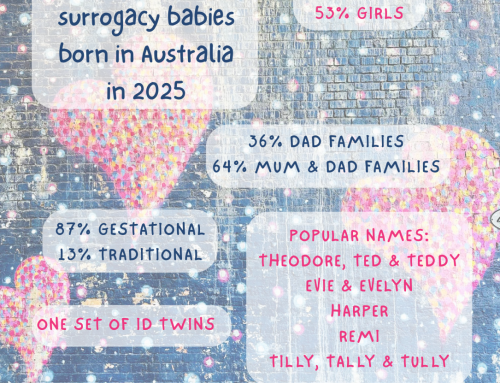Growing families surrogacy is an option, and you may be forgiven for thinking that everyone you talk to about surrogacy has your best interests at heart. If someone seems kind, knowledgeable and generous, surely they’re only wanting to help you have a baby, right? But, surrogacy is an industry like any other, and not everyone who seems helpful is looking out for your interests. Unfortunately, the for-profit industry is largely unregulated in Australia.
If you are new and wondering how to go about growing your family through surrogacy, you can read about how to find a surrogate, or how to become a surrogate yourself. You can also download the free Surrogacy Handbook which explains the processes and options.
Have you thought about joining Surrogacy Australia’s Support Service? Read this first. There are legal and integrity issues with SASS and with conflicts of interest not being managed appropriately.
The Australian government announced a review of Australia’s surrogacy laws is underway in 2025-2026.
There are overseas surrogacy agencies who pay commissions to Australians and sponsor trade shows in exchange for referrals and an audience with intended parents. Some intended parents become industry businesses during or after their own surrogacy journey. I don’t have a problem with professionals making money for the work they do. I do have a problem with people preying on vulnerable intended parents, and I do have a problem with people not declaring that they are receiving commissions from the organisation they are referring to. This is a conflict of interest, if they’re making money for referring you to an agency and not telling you about it – do their interests lie with you, or the agency?
Services that sponsor events and trade shows should ensure they are putting surrogacy and ethics at the forefront of their decisions.
There are laws and regulations for embryo creation, importing and exporting gametes and embryos, and surrogacy. Many people offering advice about these things are not lawyers, and have a vested interest in you accepting their advice. They may even advise you to do things that are dangerous, or illegal, or unethical. It is up to you to do your due diligence and obtain advice from reliable sources. You can read my thoughts on best practice surrogacy, which can guide you how to make the decisions that are right for you.
So, for the savvy intended parents, I have some tips to help you make informed decisions when considering overseas donor and surrogacy arrangements. Rest assured, this post won’t make me popular and it won’t make me any money.
- Cast the Net Wide
.
Research far and wide about all the surrogacy options. There are lots of agencies and clinics in various countries, and not all of them will be the right match for you. Surrogacy is a marathon, not a sprint, and you should commit several months to researching the options and gathering information to make a final decision. Best practice arrangements involve known donors and a relationship with your surrogate. The Agencies should be able to provide a detailed breakdown of their fees and expenses, and candidly answer your questions about surrogate recruitment and screening, fees, insurances, timelines, processes and contracts. If they dodge your questions, they may not be right for you. If their promises seem too good to be true, they probably are.
.
The Australian Surrogacy Podcast shares stories from intended parents who have pursued surrogacy overseas and in Australia. The podcast episodes are another source of information about overseas options, from intended parents who have been there, done that. You should also seek out intended parents at events and on forums and ask them for their personal experiences.
.
You can read more about international surrogacy options, which includes links to Facebook groups for destination countries.
. - Ask the Question
.
If you are meeting with someone (anyone!) to discuss donor and surrogacy options, be assertive and ask if they are receiving commissions, including co-marketing fees or benefits from any other organisation. If they say “You should try Agency ABC” you should ask “What is your relationship with Agency ABC? Do you have a business relationship with them? Do you receive money for referring people to them?” Some consultants only work for one agency or clinic, and they will openly declare their interest. My rule of thumb is that if someone is up front about their interest, then they’re more likely to be honest with you. They should not be interested in your business ‘at all costs’ and should be happy enough to see you go elsewhere if they are not the right match for you.
. - Go Direct to the Source
.
One good option is to avoid consultants and brokers altogether, and go direct to the source. Agencies and Clinics will offer consults direct with them, which means you can get the information direct from the horses’ mouth and know that no one is benefiting from your business but them. It’s worth emailing them direct and asking to meet with them.
. - Watch Out for the Slag-Off
.
If someone is criticising agencies or clinics, consider whether they have a vested interest in you not choosing those agencies or clinics. Go back to Number 2 and ask the question. Go to the source and ask the question. Take a criticism with a pinch of salt and use it to inform how you research that option further.
. - Speak to other Intended Parents – and ask the Question
.
Other intended parents are an amazing source of information, and have often done a tonne of research themselves. They can provide reassurance about the process and advice about the challenges and successes. They can even provide advice about what to take on the plane and where the best hotels are. But some intended parents are also receiving kickbacks – and good for them. But if they are referring you to their agency or clinic, ask them if they’re receiving a benefit for the referral. They should be declaring their interest to protect yours. You can find Facebook groups for intended parents for each destination country at the bottom of this post.
I don’t receive kickbacks or any commissions or fees and I don’t have any special relationships with clinics or agencies. I have been offered a commission – of USD$2,000 or more – to refer clients to agencies. This practice is unethical and in some cases, illegal. Other people who work in the industry do accept these commissions. I promote positive, informed arrangements in Australia, and I’m interested in informing and empowering intended parents to make decisions about their options overseas. You can ask me any question and I’ll answer it honestly. I make a general rule to avoid conflicts of interest.
If you are interested in finding an agency, you should read this post about which questions to ask before signing on.
My last piece of advice is that you should be careful not to let the baby lust take over from logic and learning. It can be exciting to dream of the baby you will be bringing home; but if you want a positive, informed, smooth journey, you need to work at it and that takes time. Get ready to run a marathon and it will pay off.
Sarah has written a book, More Than Just a Baby: A Guide to Surrogacy for Intended Parents and Surrogates, which is the only guide to surrogacy in Australia.
You can find more information in the free Surrogacy Handbook, reading articles in the Blog, by listening to more episodes of the Surrogacy Podcast. You can also book in for a consult with me below, and check out the legal services I provide.

